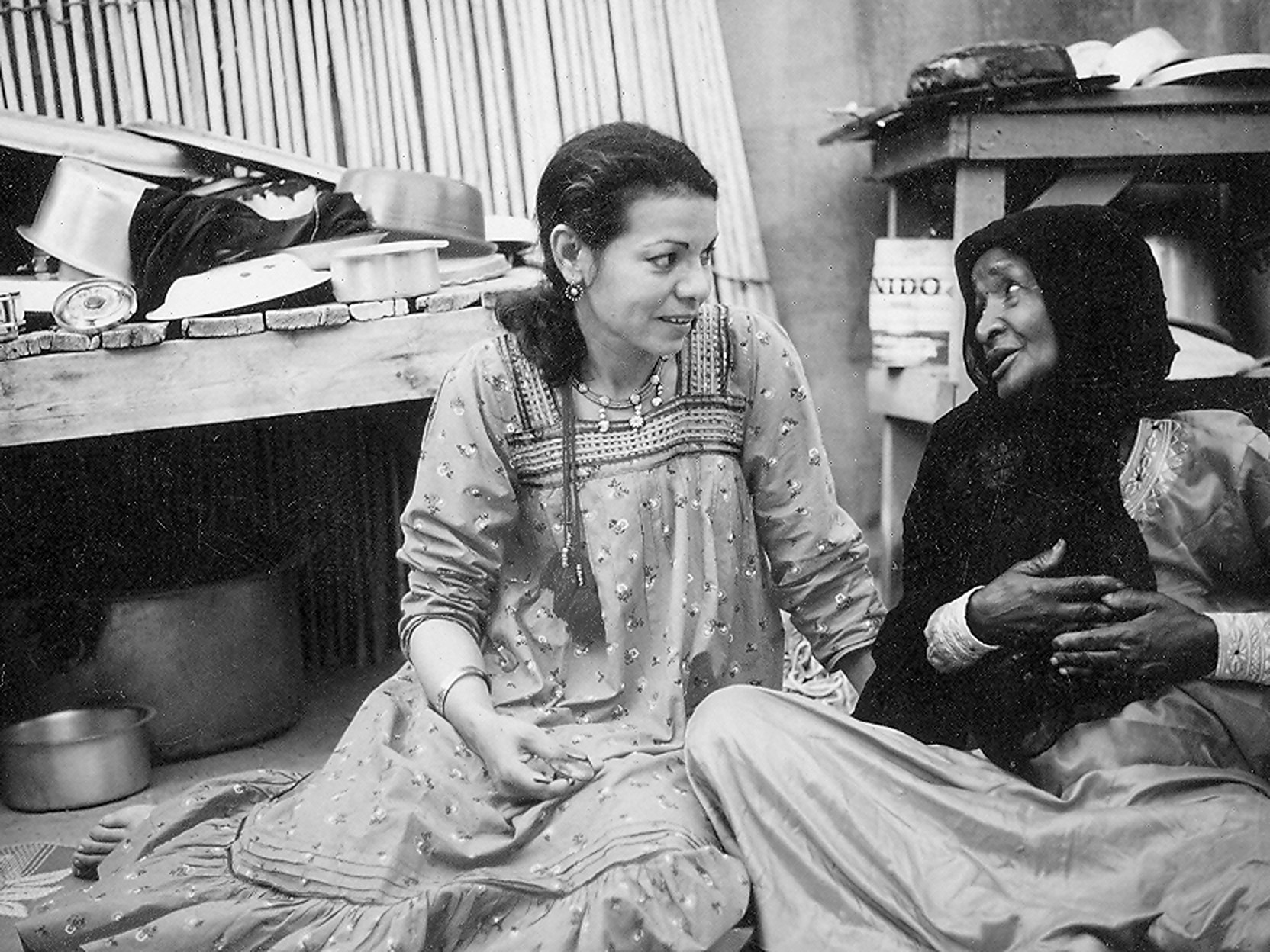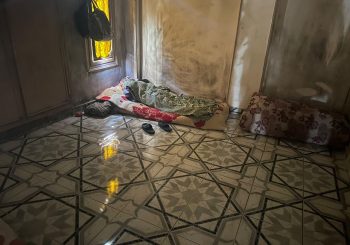Photo credit: AlAhram Online
The New Cairo Criminal Court has issued a preliminary death sentence for Karim Salim, a man accused of a series of brutal murders.
Salim, 32, was found guilty of multiple counts of premeditated murder, sexual assault, necrophilia, and human trafficking.
The perpetrator was charged with the murder of three female sex workers in the New Cairo area, a crime spree that began in early 2024. Salim was a former American high school English teacher who gained popularity for his educational and well-known TikTok videos, with a significant following on social media.
The trial, which began in June, was marked by dramatic moments, including the withdrawal of Salim’s first lawyer. Throughout the proceedings, Salim denied the charges and retracted confessions he had made following his arrest.
However, the prosecution presented overwhelming evidence against him, including incriminating videos that showed Salim engaging in necrophiliac acts with the victims’ bodies after murdering them at his home in an upscale compound in New Cairo. Closed-circuit television (CCTV) footage also showed Salim on his way to and from disposing of the bodies.
The case now moves to Egypt’s Grand Mufti, the country’s top religious authority, for a mandatory review of the death sentence, as required by Egyptian law. While the Mufti’s opinion is not legally binding, it is a crucial step before the sentence can be finalized.
According to Egyptian law, once a court decides on a death sentence, the case must be referred to the Grand Mufti for consultation before the sentence can be finalized. This referral is a mandatory step outlined in Article 2/381 of the criminal procedural law.
As the legal process continues, the final verdict is expected to follow after the Grand Mufti’s review, potentially bringing closure to a case that has deeply affected the residents of New Cairo and the broader Egyptian public.







Comments (0)